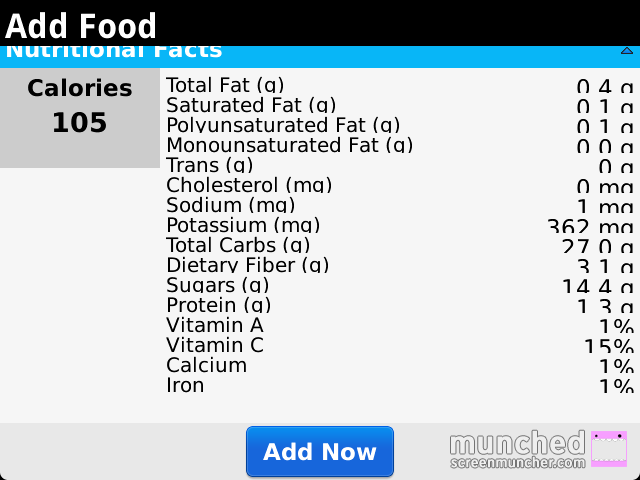We should get a whole tips thing going - that'd be pretty dope. I've got so much more to learn from some of you guys. Anyway, here's what I can think of:
- On
meats & protein: Eat lean. Generally speaking, every ounce of meat yields about 7 grams of protein. They say that you should eat about 1.5g for every pound that you weigh. 1g/lb can even be enough depending on your genetics. Eggs have 6g: 3 in the yolk & 3 in the whites. A couple of yolks are good, but be aware that while it can be "healthy" fat, it's still fat at the end of the day (personally, I don't put more than 3 yolks in any time I'm cooking eggs)
- It's okay to eat a bit of
fat with your lean meats...natural fats can be good.
- If you're looking to
curb your hunger, eat
fibrous veggies (green veggies are great). They're low in calories, have useful nutrients, and are easier carbs for your body to break down vs rice. It's really hard to adjust your diet at first because your body's used to having more food...but it does get easier. Another thing that worked well for me was drinking green tea. If green tea isn't available, I just drank water until I was too bloated to be hungry lol.
- As for
fruits: I don't eat them AT ALL when I'm cutting. 1 banana has about 145 grams of sugar and your body start turning sugar into fat once you hit approximately 200g. If the goal is weight/fat loss, then try & cut your sugars as close to 0 as you can. Now that I'm done cutting, I only eat about 1 fruit a week - they're rich in vitamins in nutrients, but have a lot of sugar. So while it's good for general health, it can be bad for your results at the gym. On the point of sugar: avoid it because it makes you more hungry. Sugar makes your insulin spike, which makes you hungrier/crave more sugar when it goes back down.
- Roasted can probably tell you more about the different
nuts you can eat (I'm allergic, but those things would save me so much time & money).
- Regarding
carb limits: Generally speaking, 100g of carbs a day will maintain weight, 150 will help you grow/put on weight, and under 100g will help you lose weight.
- There's evidence saying that
meal frequency does NOT increase your metabolism. But some people will swear by it. Again, try both and see what your body responds to
-Lastly, there are 2 schools of thought on
cardio. High intensity interval training(HIIT) & low intensity. An example of the former would be sprinting really fast, then slowing down to a jog, then sprinting really fast, then back to a jog, and so on. An example of the latter would be walking. The logic behind
HIIT is that it shocks your body and gets your heart rate up - done properly, it works so well that your heart rate stays higher throughout the day because your body won't know when it needs to kick into overdrive at any given moment. The logic behind
low intensity is that when you do a low-energy exercise, your body uses a sustainable energy source because it assumes that you're gonna maintain that intensity for a while (in this case, it uses fat instead of immediate energy like carbs or stored energy like protein). But at the end of the day, it's about carbs in and out. Low intensity worked better for me because I didn't end up losing muscle that I put on. But I've seen good results from going either route.
-
These are guidelines and the actual amounts will vary from person to person, but it'll give you a rough idea of where to start off. The key is consistency. So when you're working out but not getting results, you can control your diet to see changed.
Good luck!
----
disclaimer: I'm not an expert
























